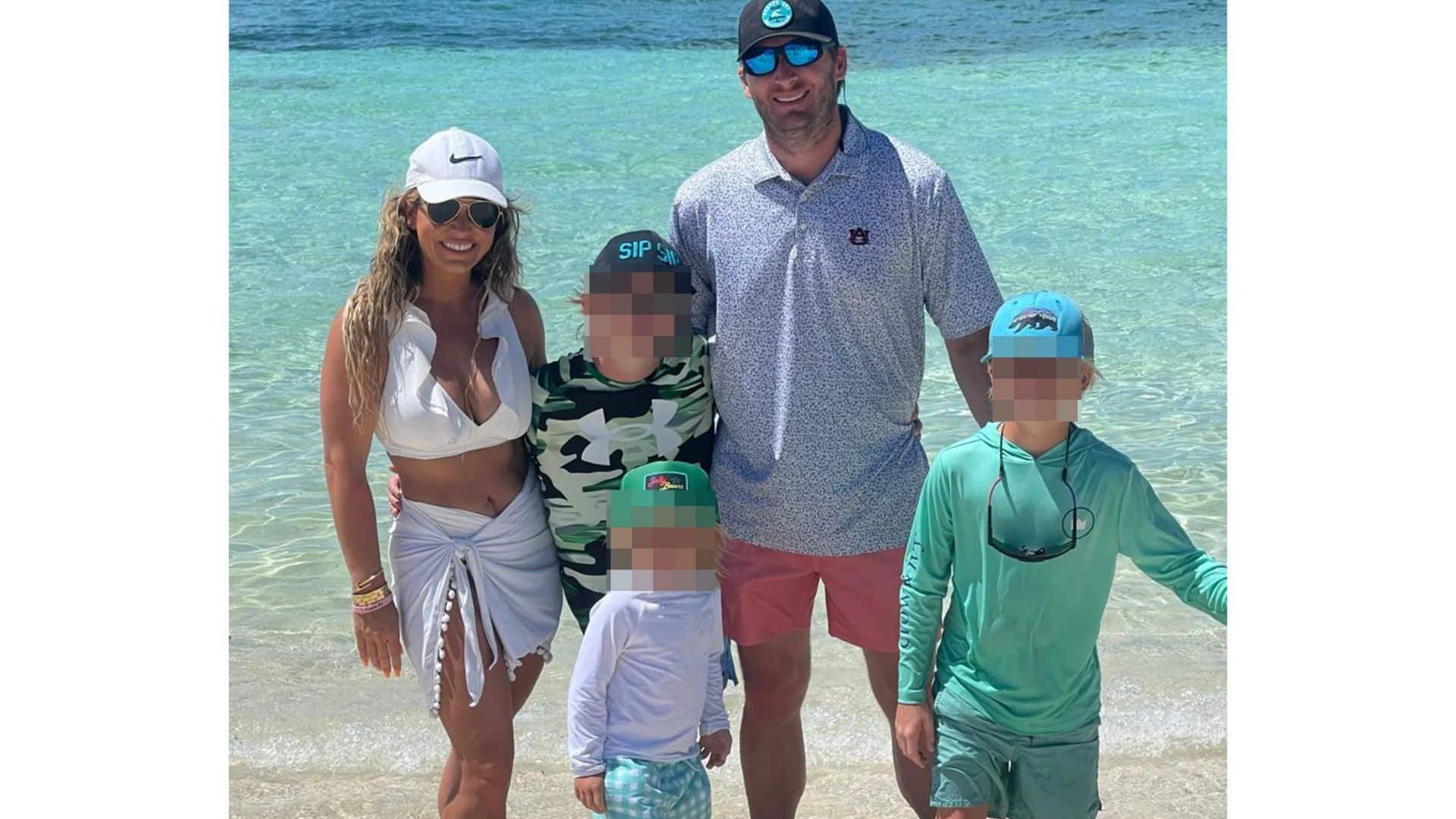Randy Meisner was a founding member of the legendary rock band the Eagles. His life was marked by musical success and personal relationships.
These became matters of public interest due to his celebrity status. The band’s massive commercial success also drew attention to his private life.
His first wife was Jennifer Lee Barton Meisner. The couple met during high school in Scottsbluff, Nebraska, and married in 1963 when Randy was starting his music career. Jennifer’s Nebraska background provided stability during Randy’s rise to fame with the Eagles.
Their 1963 marriage and 1981 divorce filing created legal precedent in celebrity asset division, particularly regarding music royalty rights and property settlement agreements. The Meisner case established frameworks for how courts handle complex divorces involving ongoing income streams.
Jennifer has maintained a low public profile throughout her life, balancing support for his musical ambitions while pursuing her own artistic talents in writing and visual arts.
Randy Meisner Children and Family Legal Matters
Jennifer and Randy had three children during their marriage.
Dana Scott Meisner was born in 1963, the same year as their wedding.
Seven years later, Jennifer gave birth to twins Heather Leigh Meisner and Eric Shane Meisner in 1970.
The Meisner children grew up during the height of their father’s fame with the Eagles, experiencing both the privileges and pressures of celebrity family life.
After their 1981 divorce, Randy remarried Lana Meisner.
In 2015, Randy’s adult children became concerned about his well-being and petitioned for conservatorship, citing concerns about his care and financial management.
The situation became more complex following Lana’s tragic death in 2016.
Dana Scott Meisner led the conservatorship petition as the eldest child and primary spokesperson for the family.
The legal action sought to protect Randy’s assets and Eagles’ royalty income from potential mismanagement.
California courts required substantial evidence that Randy could not adequately manage his own affairs before granting conservatorship.
Jennifer maintained her characteristic privacy during these legal proceedings, staying out of public discussions about Randy’s later life.
The Meisner Divorce Settlement
The 1981 divorce between Randy Meisner and his first wife, Jennifer, offers a detailed look at how high-asset celebrity divorces are handled under U.S. law.
Their Property Settlement Agreement became a model for how complex assets, particularly music royalties, can be divided fairly between divorcing spouses.
1. Asset Division Framework
Under Nebraska law, where the couple owned property, divorce settlements follow equitable distribution principles, ensuring both spouses receive fair shares of marital assets.
Jennifer received significant portions of the marital estate, reflecting her contributions during Randy’s career-building years.
2. Royalty Rights and Income Streams
The most significant aspect of their settlement involved Randy’s Eagles royalty rights.
Jennifer was awarded a 40% undivided interest in Randy’s royalty rights from the Eagles, with payments made directly to her rather than through Randy.
This direct payment structure provided Jennifer with financial independence and legal protection.
The arrangement ensured she would receive ongoing income from the Eagles’ continued success without relying on Randy’s cooperation.
3. Personal Property Division
Jennifer retained possession of substantial personal property acquired during the marriage.
This included antiques, valuable collections, and household items accumulated during Randy’s peak earning years with the Eagles.
The settlement also addressed business property and assets from their joint ventures, including their retail operations and real estate developments in Nebraska.
Tax Laws and the Meisner Divorce
The Meisner divorce created important legal precedents regarding taxation and income assignment in celebrity divorce cases.
Their case highlighted how U.S. courts handle complex financial arrangements when high-value intellectual property is involved, establishing principles that continue to guide similar cases today.
- Legal Principle: The assignment of income doctrine prevents simple income transfers to avoid tax liability. This principle ensures that the person receiving income bears responsibility for taxation, regardless of the original income source or any transfer arrangements between parties.
- Case Application: Jennifer received her 40% Eagles royalty share directly from the music label, not through Randy. Courts affirmed that Jennifer, as the direct income recipient, bore full responsibility for taxation on her royalty payments. This structure eliminated any potential tax avoidance issues.
- Tax Implications: The agreement ensured Randy retained no control or reversionary interest over Jennifer’s royalty payments. Courts treated the arrangement like arm’s-length commercial transactions, with both parties subject to relevant financial and tax responsibilities under existing U.S. law.
- Modern Relevance: The Meisner case occurred before Internal Revenue Code Section 1041 (1984), which made most transfers between divorcing spouses tax-free. Their settlement remains instructive for understanding how courts handled complex intellectual property division before this significant tax law change.
Today’s divorce settlements benefit from clearer tax rules established after 1984.
However, the Meisner precedent continues to guide how courts approach celebrity divorces involving intellectual property rights and income assignment when tax-free transfer rules don’t apply.
Randy Meisner’s First Wife: After the Divorce
Following her divorce from Randy Meisner in 1981, Jennifer focused on rebuilding her life as a single mother. She maintained primary custody of their three children and worked to provide stability during the transition period.
Jennifer’s artistic pursuits became more prominent after her divorce.
She developed her skills as an artist and writer, finding creative outlets independent from her former husband’s musical career. Reports suggest she has been working on a book, though specific details remain private.
The legal implications of Jennifer’s post-divorce life include her ongoing connection to Randy through their shared children and her 40% interest in Eagles royalty payments.
Her financial independence through the direct royalty payments allowed her to maintain autonomy while supporting her children.
Jennifer has generally stayed out of the public spotlight regarding Randy’s later legal issues and personal struggles.
Her discretion reflects a desire to maintain privacy while her children navigate complex family legal matters when necessary.
The Bottom Line
Jennifer Meisner’s story demonstrates how celebrity marriages involve complex legal considerations beyond typical divorce cases. Her Eagles royalty settlement in 1981 created precedents that continue influencing how courts handle intellectual property division today.
The Meisner case offers valuable lessons about the importance of clear property agreements and strategic legal planning.
Jennifer’s financial independence through direct royalty payments shows how proper legal frameworks can provide security after divorce.
Their experience highlights key principles for anyone dealing with high asset divorces involving ongoing income streams and business partnerships.
What are your thoughts on celebrity divorce settlements? Share your questions or experiences in the comments below.







































